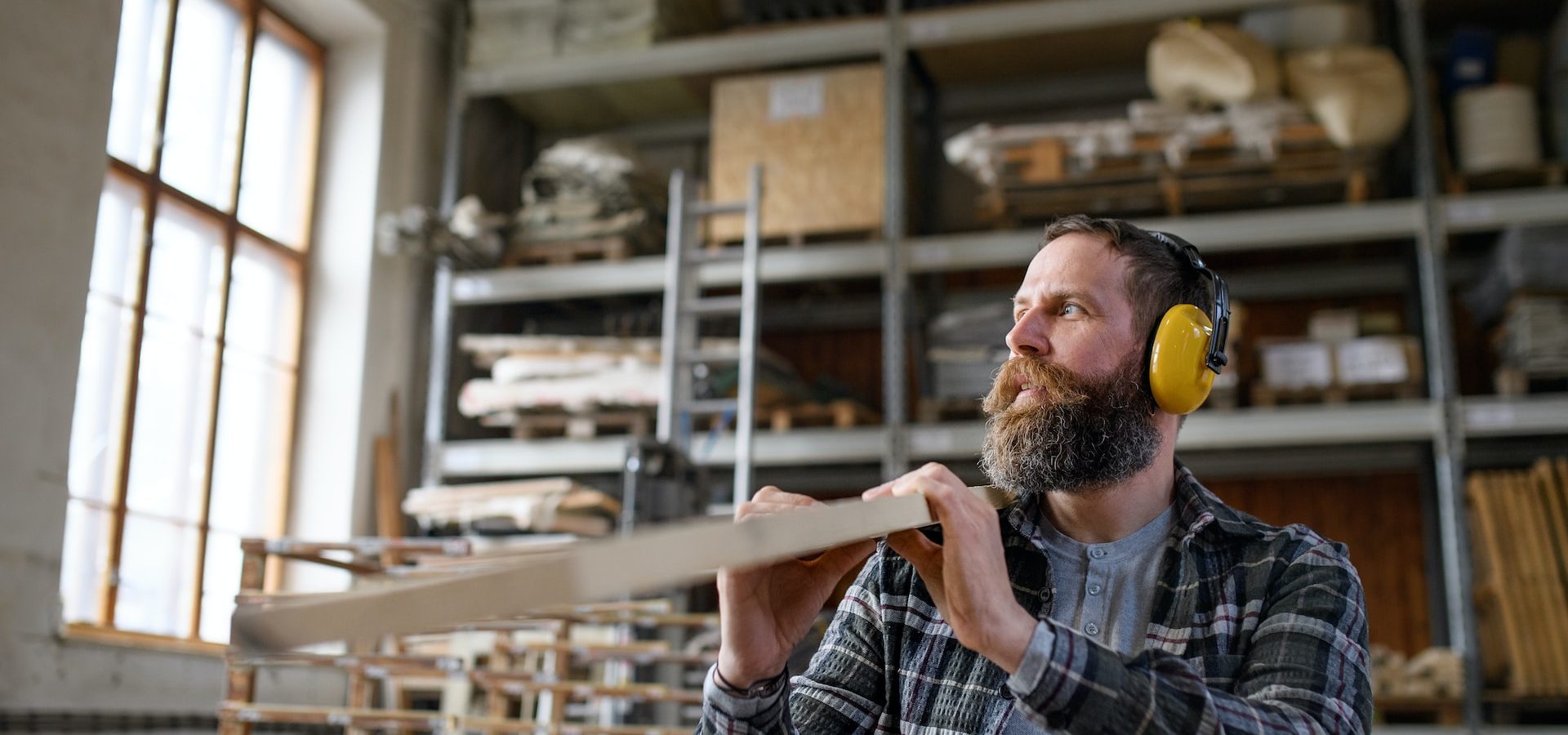Menu

Hearing loss affects millions of people around the world and can have a significant impact on their lives. For those affected, hearing aids are an essential tool to help them live life to the fullest, amplifying sound waves to make them hear better.
They come in many forms, from behind-the-ear (BTE) models to in-the-ear (ITE) models, and are custom-fitted to the individual’s hearing needs. However, like other machines, hearing aids will also wear out. But which factors affect how long hearing aids will last? Here are some ideas.
1. Model
It’s essential to consider the type of hearing aid model and technology you choose when deciding which one to buy. Not only can it affect the sound quality and performance, but it can also significantly impact how long your hearing aid will last.
The type of hearing aid model and technology used can affect how long it will last. Generally, modern digital models are much more durable and long-lasting than analog models. Some models also come with water resistance and dust protection, extending their lifespan.
2. Care and Maintenance
In addition to choosing the suitable hearing aid model and technology, it’s essential to practice good care and maintenance, which includes regular cleaning, checking for any damage, and replacing the battery regularly.
Keeping your hearing aid away from moisture, dust, and extreme temperatures is also essential. Hearing aids should be inspected and serviced by a professional at least once a year to help ensure they are functioning correctly and will extend their lifespan.
3. Usage
Using your hearing aid correctly is essential to ensure it works optimally. Users should wear them as prescribed, adjusting the settings to suit their hearing needs best. Additionally, using your hearing aid regularly is essential to prevent hearing loss from worsening.
Finally, patience is essential when learning to use your hearing aid, as it may take some time to become accustomed to the sounds it produces. Read the manual first or ask the doctor to teach you the best ways to use the device to prevent it from getting damaged.
4. Lifestyle
Hearing loss can have a significant impact on your lifestyle, so it is essential to take steps to protect your hearing. Avoid loud noises, wear ear protection when necessary, and take breaks from noisy environments.
Additionally, it is essential to maintain good communication with friends and family members. Hearing loss can make communication challenging, so it is crucial to establish clear communication strategies.
5. Checkups
Regular hearing checkups are essential for identifying and managing hearing loss. Hearing tests can help determine the severity of hearing loss and provide valuable insight into potential treatments. Additionally, hearing tests can help detect any further damage to your hearing.
Patients can reduce the risk of developing hearing loss by taking the necessary steps to protect their hearing. Regular checkups can also help identify potential hearing issues early on and provide the required treatment, prolonging the device’s lifespan.
Conclusion
Hearing aids will only last for a while. However, it is possible to prolong their lifespan for more extended use. With proper maintenance and care, you can extend the life of your hearing aids and get the most out of them. As a result, patients will not have to change their hearing aids every few years. Instead, they will only need checkups to ensure they still get the most optimal help they need.
Fraser Valley Beltone is a hearing clinic providing hearing aids in Langley. We aim to help patients with hearing problems listen to the world again, bringing back their lost sense. Learn more about our products and services by inquiring on our website today.
Share Post
Facebook
Twitter
LinkedIn
Email
Reddit
Pinterest
